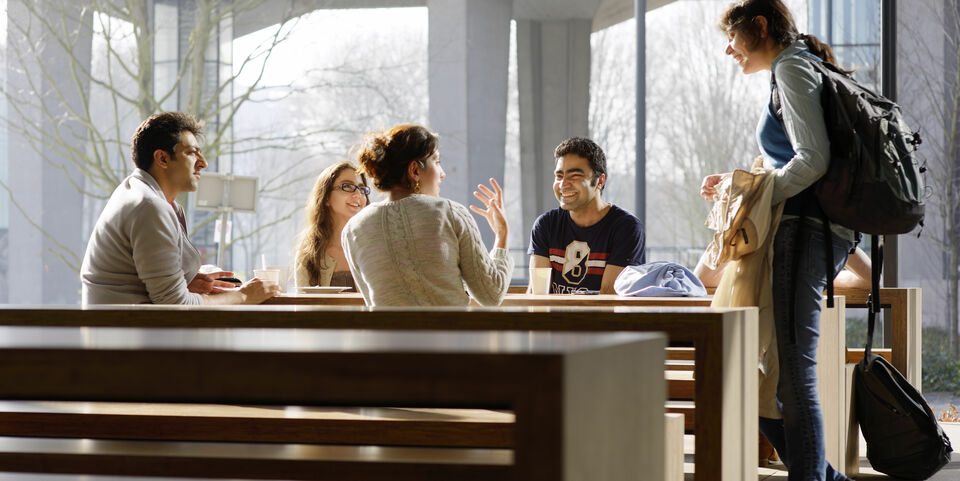Why some PhD students consider to stop
Approximately 60 percent of PhD students worldwide consider abandoning their research before graduating. At TU/e, that percentage is around 21 percent. In her thesis, psychologist Andrea Kis investigates which factors influence the career decisions made by PhD students at TU/e, in order to better understand what makes young researchers decide to leave or stay. Her research shows that insufficient supervision and socially unsafe situations play a key role in their considerations.
Kis interviewed close to 400 of the 1600 PhD candidates in total working at TU/e. The high response rate shows the enormous commitment regarding this issue, she says in an interview that appeared on TU/e’s website today. Most of the respondents, about 90 percent, said that they were very satisfied with their work and supervision, Kis says. “Only 21 percent of our respondents considered leaving academia, which is significantly less than the worldwide number of 60 percent. The group that reported irregularities, ranging from bad supervision or no supervision at all and a high workload to unethical research practices, also turned out to have an above-average chance of leaving academia.”
In the first part of her research, Kis focused on the question whether a safe work environment was a determining, significant factor in the decision of PhD students to leave academia. This turned out to be the case. “Working in a (socially) unsafe working environment is very impactful, in many ways. It is crushing to see these driven, talented people abandon the PhD research they set out to do because of bad workplace experiences.”
Lonely
The life of a PhD student can be a lonely one, the researcher says, especially when you leave your family and friends behind and move to a different city or country to follow your dream. “When you feel completely on your own, it can be much harder to deal with a bad vibe in the team, a workplace incident, or a supervisor who has little time for you.”
When asked about the underlying causes, Kis refers to a culture of ‘publish or perish’ in science, which is at the root of many of the workplace issues in academia. “Think of the normalization of overtime work. It pushes people to unconsciously adopt an unhealthy work-life balance, to favor PhD students who publish more, to take on more work and more students, and to put your name on as many papers as you can. This can result in workplace environments no one wants.”
Supervisor
On top of that, Kis says, there is still no mandatory training or course in place to train PhD supervisors in their new role. She believes that her research can grow awareness of the root causes and effects. “That way, we can help people become better in their role as supervisor, instead of blaming them for things that go wrong and leaving them to sort it out themselves. People rarely create a bad working environment on purpose. According to all the literature I found on the subject, educating and supporting supervisors is a far more constructive way forward.”
The university has taken a significant number of measures to ensure that PhD students thrive during their research, HR policy officer Ineke van der Vegt says. “The PhD supervisor training was introduced many years ago and was recently updated. It’s available free of charge to every new PhD supervisor. The university also focuses on developing healthy leadership skills for all researchers at assistant professor level and beyond. In addition, every PhD student is required to have a second supervisor (co-promotor), to ensure that he or she won’t become too dependent on just the first supervisor. And lastly, TU/e has PhD counselors, who are there for every PhD student who wants to discuss his or he situation in a confidential setting with someone who can help and offer advice.”
TU/e’s HR department and Graduate School are jointly responsible for education and the working environment of PhDs. A position paper is currently being written for Paul Koenraad’s second term as dean of the Graduate School. “Kis’ ideas about policy have been carefully considered by a committee and were taken into account by the authors of the paper,” Van der Vegt says. “The content is not final yet, but it is safe to assume that there will be much focus on social safety.”
Read the full interview on TU/e’s website.



Discussion